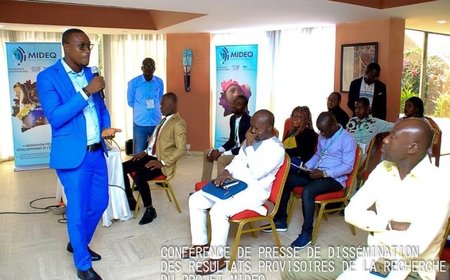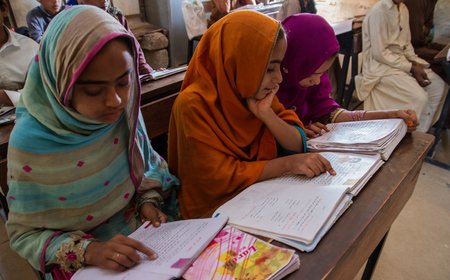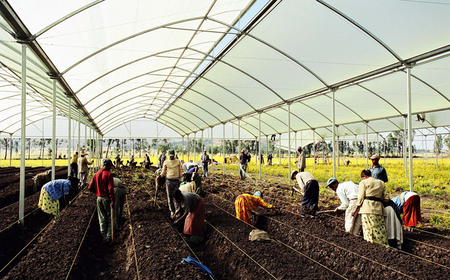Raising awareness: birth registration and education of young girls among Burkinabè migrants in Côte d’Ivoire
Introduction
The research initiated by MIDEQ’s partners in Côte d’Ivoire identified the issues of citizenship as one that constitutes the basis of unequal relationships in the context of migration within the Burkina Faso-Côte d’Ivoire corridor. This issue maintains and contributes to the perpetuation of cyclical inequalities structured around income poverty and the vulnerability of migrants, as well as to the existence of child labour. In other words, cyclical inequalities in Côte d'Ivoire revolve around the problem of the free movement of people and goods, the declaration of births in the civil registry, the schooling of young girls, the management of land assets, and income.
Faced with this state of affairs, one of the thorny questions that deserves to be asked is the following: how can we carry out community development actions consistent with the needs and expectations of migrant populations in order to contribute to the reduction of cyclical inequalities in Côte d’Ivoire? To answer this question, we first analysed how cyclical inequalities arise linked to the declaration of births and the schooling of young girls among Burkinabè migrants in Côte d'Ivoire, then describe the methodology implemented in order to identify the intervention actions that align with the expectations and needs of “vulnerable” populations and “bearers of the stigma of social inequalities”. Finally, we present the practical activities carried out by the MIDEQ Côte d'Ivoire research team in line with the aspirations of the migrant populations benefiting from the project.



